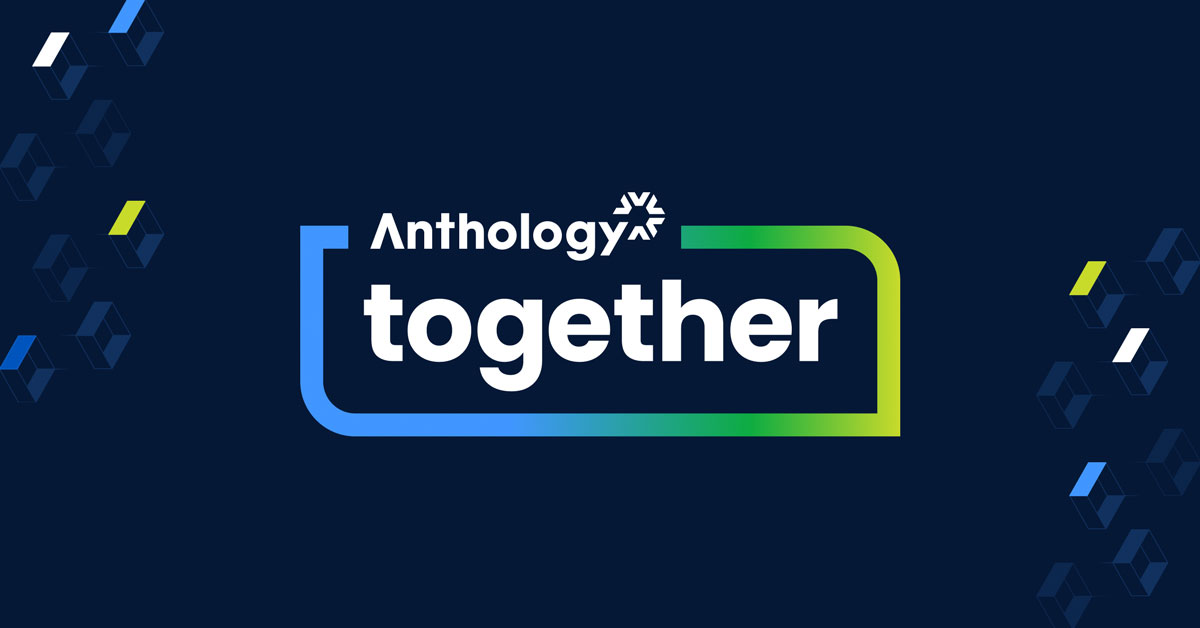Anthology Together 2025: A Turning Point Toward a Unified, AI-Driven Student Experience
Principal Analyst
Senior Analyst

Anthology Together 2025 (AT25) brought together a wide range of institutional leaders and end users from across many different domains. Held in Las Vegas, Nevada, the conference showcased not only Anthology’s renewed commitment to innovation but also its strategic clarity in delivering a truly integrated, AI-powered ecosystem that spans the entire student lifecycle, from recruitment to alumni engagement.
AI Maturity: From Awareness to Augmentation
Anthology’s AI journey has matured significantly over the past three years. What began in 2023 with foundational tools like the AI Design Assistant has now entered a full-fledged augmentation phase in 2025. This year’s conference emphasized that AI is no longer a novelty or a bolt-on feature. It is embedded into the core of every product and process.
From AI-assisted remediation in Blackboard to natural language-driven configuration support and 24/7 student-facing virtual agents, Anthology is demonstrating how AI can enhance both user experience and institutional efficiency. The introduction of Ava, the Anthology Virtual Assistant, was a standout moment. Ava not only supports students in real time but also helps faculty by summarizing rubric scores and feedback for students, streamlining grading and communication workflows.
A Full-Lifecycle Vision: Recruitment to Advancement
A defining theme of AT25 was Anthology’s emphasis on supporting the full student lifecycle. This vision was evident in product demonstrations that spanned recruitment, enrollment, academic success, and alumni engagement.
Anthology Advance, a newly unified advancement platform, consolidates fundraising and alumni relations tools into a single, cohesive solution. Meanwhile, the launch of Outcomes, a redesigned system for tracking learning outcomes and curriculum mapping, signals a major step forward in academic planning and assessment. Outcomes will fully replace the legacy goals framework and is included in the Blackboard license, reinforcing Anthology’s commitment to value and transparency.
The integration of AI into these lifecycle tools is not just cosmetic. For example, Ava’s ability to assist with curriculum mapping and provide automated feedback loops demonstrates how AI can drive meaningful academic and operational improvements. Anthology expects Ava to continue to show up across the product line and offer additional functionality for users.
Intentional Integration: A 360 Degree Student View
Perhaps the most compelling narrative at AT25 was Anthology’s focus on intentional integration. Institutions have long struggled with fragmented systems that hinder data flow and student insight. Anthology is addressing this challenge by deepening the interoperability across its product suite.
This integration was most evident in the demonstration of AI-powered automations within Blackboard, where AI can now respond to student messages on behalf of faculty, while still allowing instructors to monitor and intervene. The use of Meta headsets for immersive learning experiences further illustrates Anthology’s commitment to pushing boundaries while maintaining coherence across platforms.
Accelerating Implementation: AWS-Powered AI Data Migration
One of the most exciting announcements at AT25 was the launch of an AWS-enabled AI data migration tool. Designed to dramatically reduce implementation timelines for Anthology Student, this tool leverages AI to automate data extraction, mapping, and validation. Once initial testing is complete, the data migration tool is projected to cut a months-long process to a matter of days and improve quality.
This innovation is a significant advancement for institutions looking to modernize quickly and efficiently. It also reflects Anthology’s growing partnership with AWS and its broader strategy to embed AI into infrastructure-level processes, not just user-facing features.
Acknowledging the Past, Building for the Future
It is no secret that Anthology has faced challenges in recent years, particularly around implementation and support. What stood out at AT25 was the company’s willingness to acknowledge these missteps and, more importantly, to demonstrate how it has learned from them.
Significant investments have been made in customer support, onboarding, and community engagement. The Idea Exchange, which now boasts over 12,000 votes and hundreds of released features, is a testament to Anthology’s responsiveness to user feedback. Office Hours, higher education user groups, and other community-driven initiatives are helping to rebuild trust and foster collaboration.
The Case for a Unified Ecosystem
For institutions seeking a single-vendor strategy, Anthology is making a compelling case. The completeness of its ecosystem, spanning SIS, LMS, CRM, advancement, and analytics, is unmatched in the higher education market. More importantly, the intentional integration across these platforms enables a 360-degree view of the student journey, empowering institutions to make data-informed decisions at every stage.
As Blackboard Original approaches its end-of-life in December 2026 and as early adopter programs for new features like Engage and Outcomes gain traction, now is the time for institutions to evaluate their long-term digital strategy. AT25 made it clear that Anthology is not just catching up; it is attempting to set the pace.
You May Also Like
- What Does IT Do Today? Responding to Higher Education’s New Reality
- 2025 Jenzabar Annual Meeting Recap
- Tambellini Reveals the 2025 Higher Education Market Trends and Leaders
Originally posted by Matthew Winn on LinkedIn. Be sure to follow him there to catch all his great industry insights.
Categories
Share Article:

Additional Authors:

Other Posts From this Author:
© Copyright 2026, The Tambellini Group. All Rights Reserved.